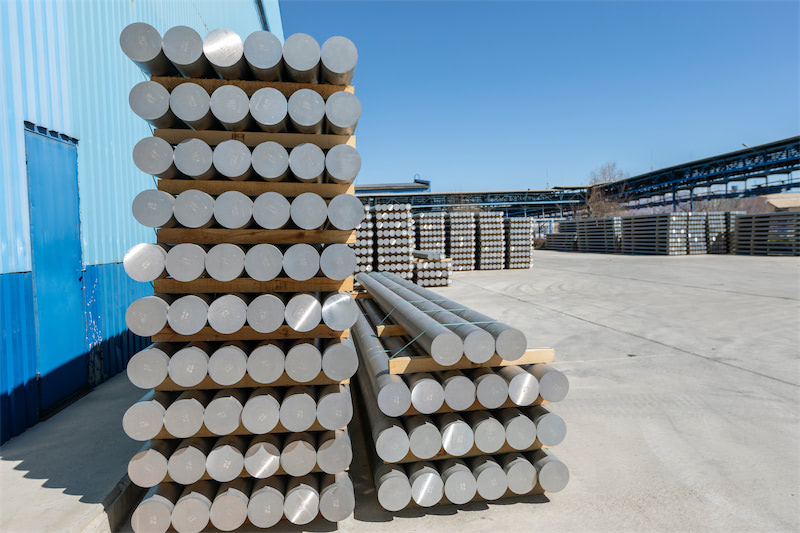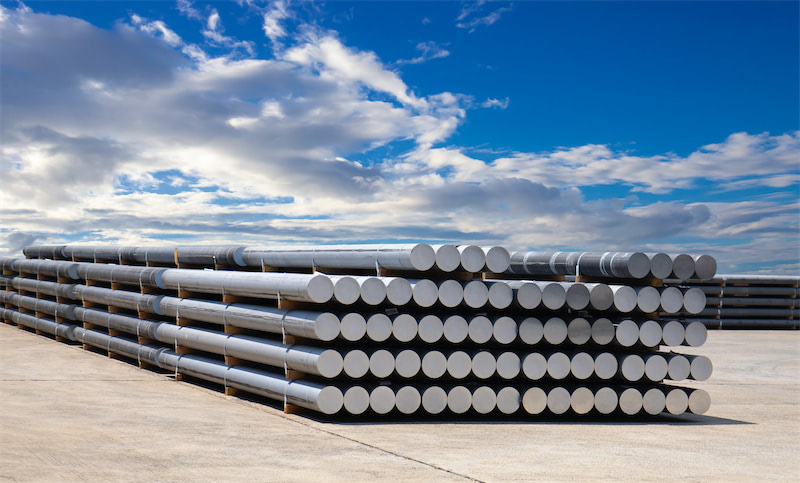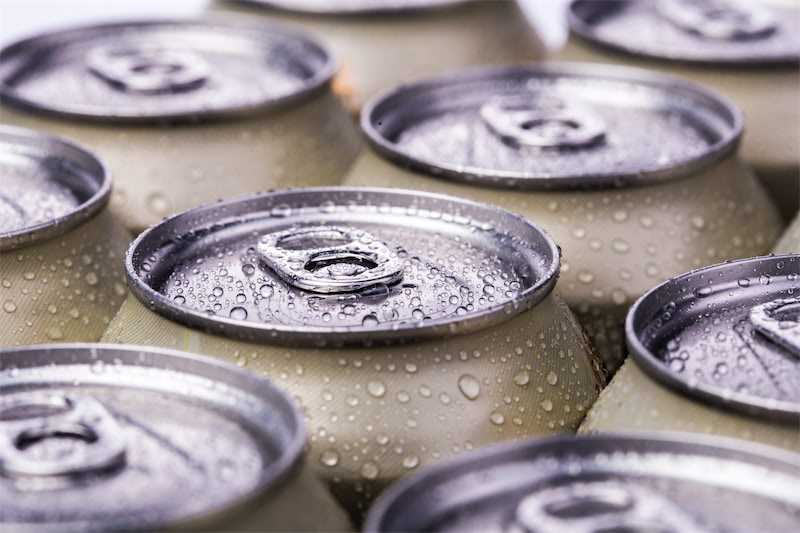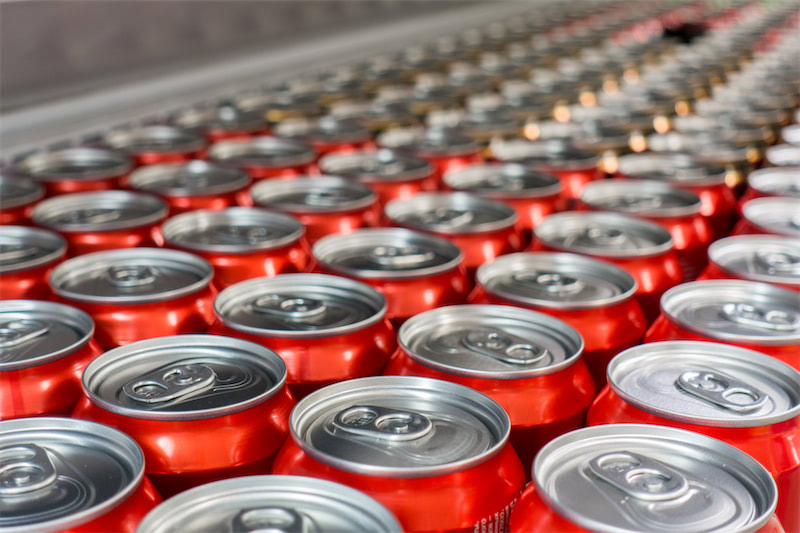If trade negotiations with the Trump administration reach an impasse, Canada may increase import tariffs on US steel and aluminum products next month.
Canada is preparing to raise retaliatory tariffs.
On Thursday local time, the Canadian government issued a statement saying that the government "will adjust existing retaliatory tariffs on steel and aluminum products on July 21 to align them with the progress made by the US in broader trade arrangements."
Currently, the US imposes a 50% tariff on foreign steel and aluminum, while Canada imposes a 25% retaliatory tariff on US-made steel and aluminum products.
The two countries are currently negotiating a trade agreement, with a provisional deadline set for mid-July.
Canadian Prime Minister Mark Carney stated at a press conference that Canada's retaliatory tariffs on US steel and aluminum products will be raised or lowered on July 21, depending on the outcome of negotiations with Trump.
Carney said, "We will certainly continue these negotiations in good faith... At the same time, we must strengthen our domestic capabilities and protect Canadian workers and businesses from the unfair tariffs currently imposed by the US."
The statement also said that the Canadian government will introduce new rules for federal projects, limiting them to using only Canadian-produced steel and aluminum, or those provided through reciprocal access under trade agreements by "reliable trading partners."
In response to this news, Canadian steel manufacturer Algoma Steel Group Inc. briefly surged 7.9% to its highest intraday level since March 5 before giving up gains.
The Canadian Steel Producers Association and the United Steelworkers union said in a joint statement, "We will continue to review the details of these measures and work constructively with the federal government to develop a plan that works for Canadian steel producers."
Avoiding Dumping Risks
Facing the impact of Trump's tariffs, the Canadian government is concerned that the 50% tariff imposed by the Trump administration on steel and aluminum products will lead global manufacturers to divert goods to Canada.
To this end, Canada is formulating new tariff quotas to limit imports of steel and aluminum products from countries without trade agreements and plans to implement new tariff measures within a few weeks to address the risk of steel and aluminum dumping.
Carney also emphasized that the government is advancing a C$10 billion federal loan facility to provide liquidity for large domestic enterprises struggling to obtain financing in traditional markets.
Carney also revealed that his conversations with President Trump have been "relatively frequent," and Canadian Cabinet Minister Leblanc added that he is in dialogue with US Commerce Secretary Howard Lutnick and will have a meeting with US Trade Representative Jamieson Greer on Friday.
When asked whether Canada was willing to accept some US tariffs as part of the agreement, Carney responded that genuine free trade was in the best interests of both countries.
"This is a negotiation," he said. "If it is in Canada's interests, we will sign it. If not, we won't."



